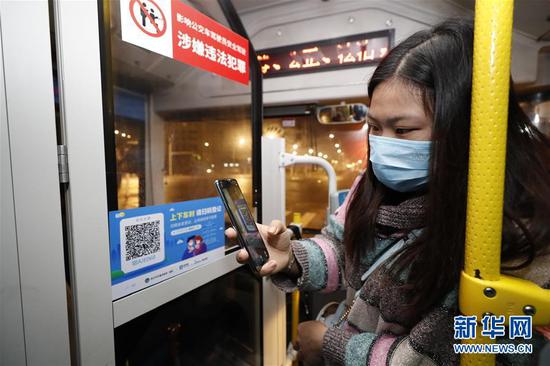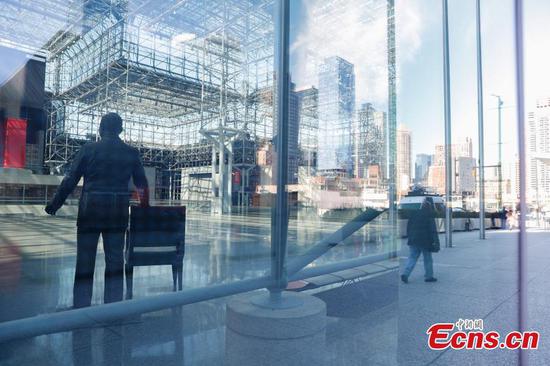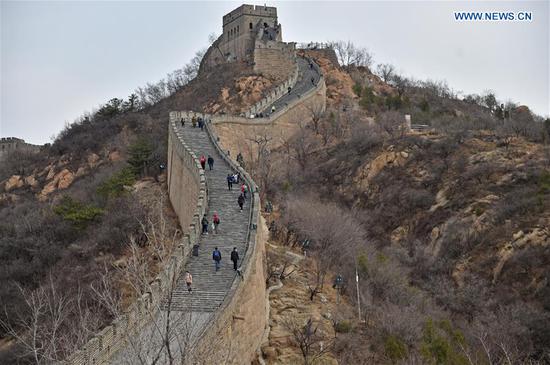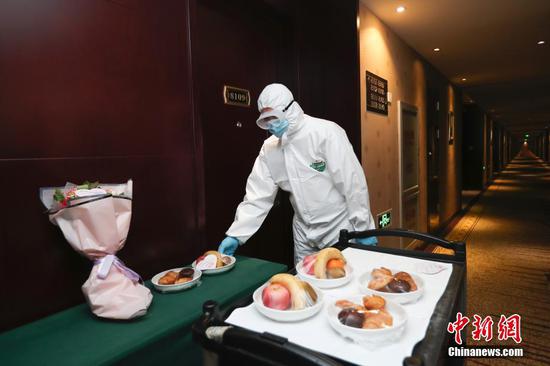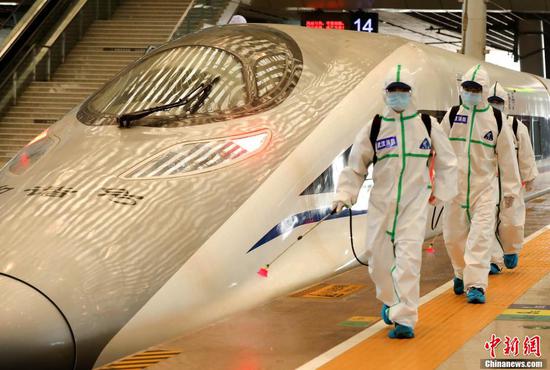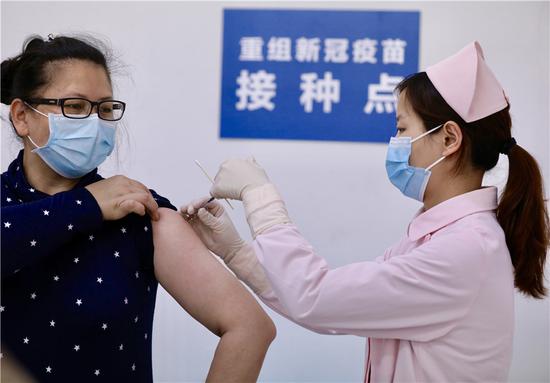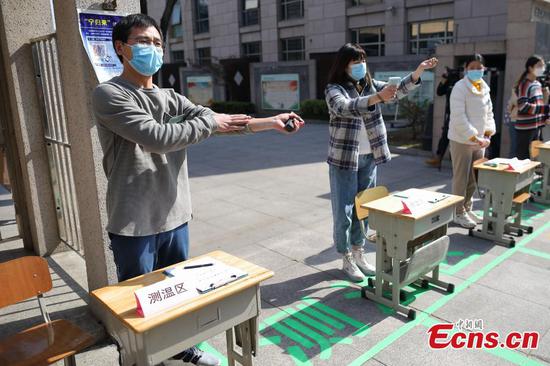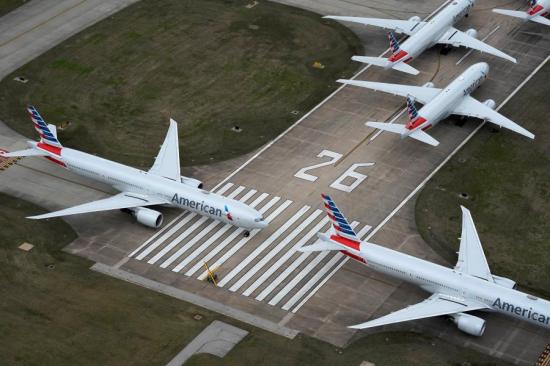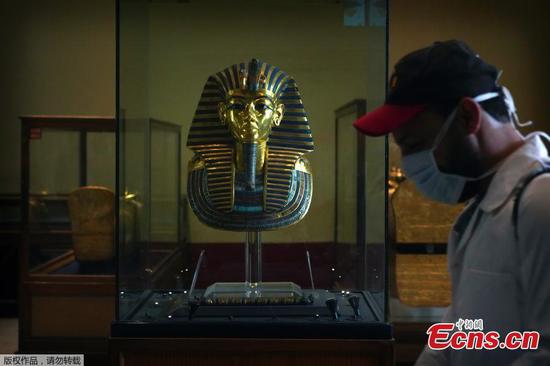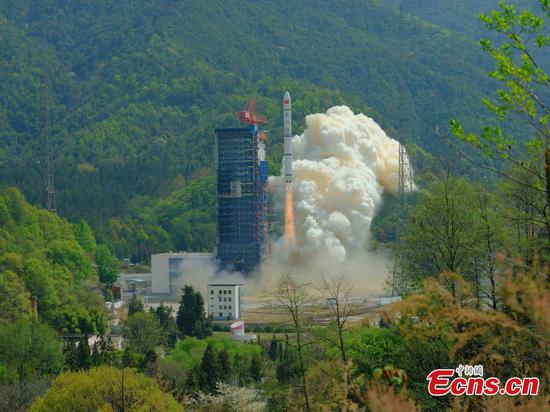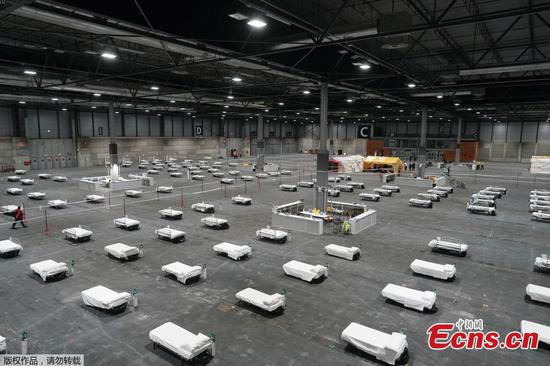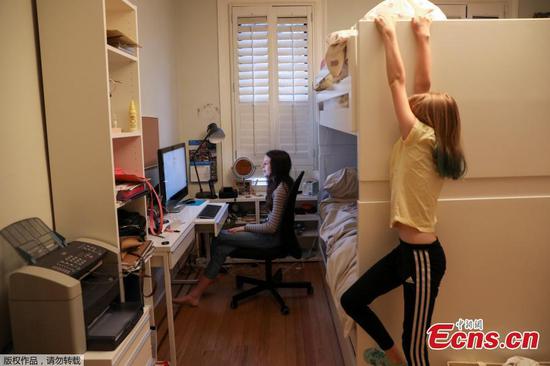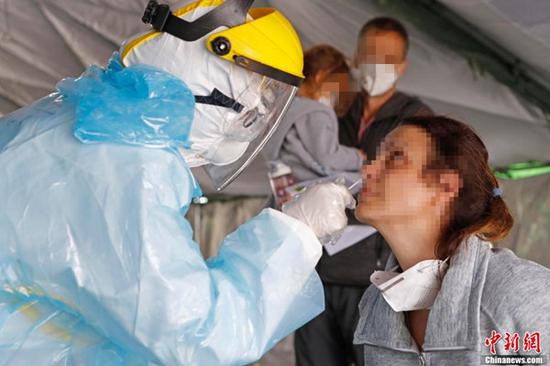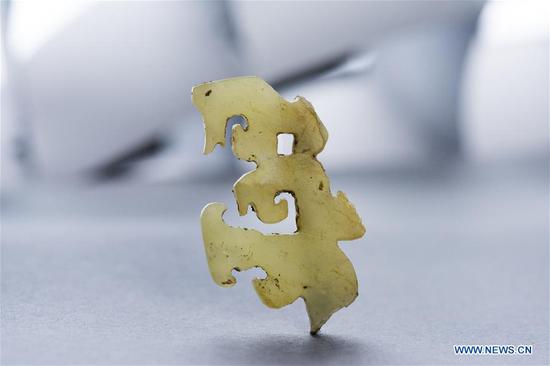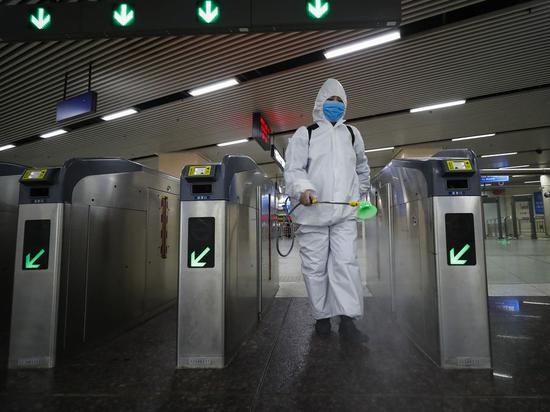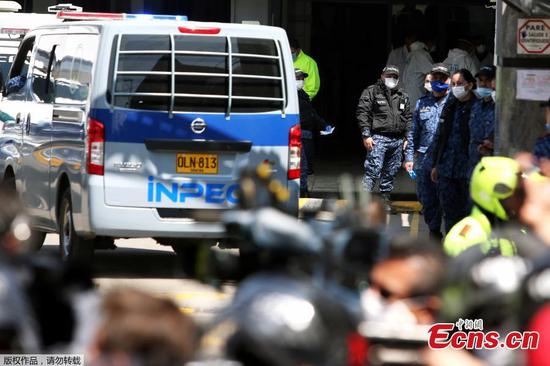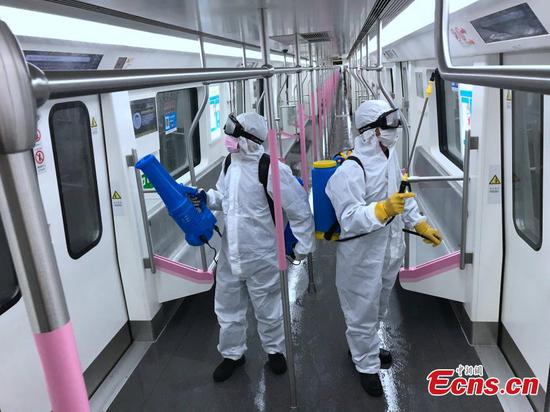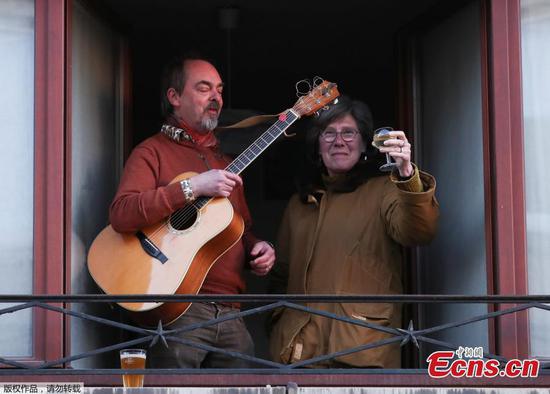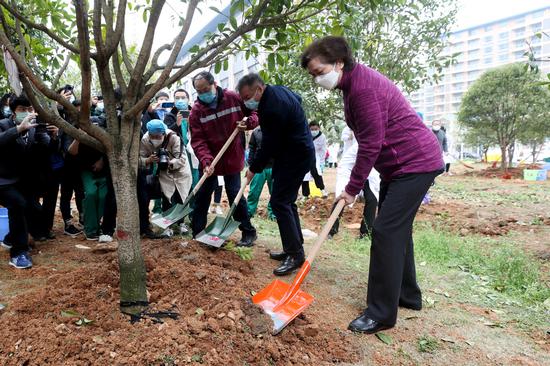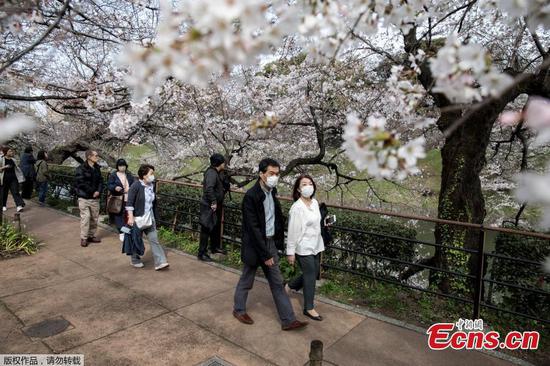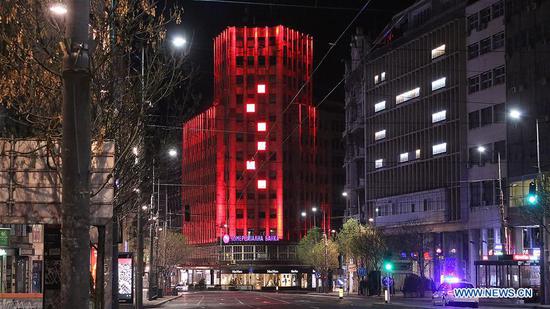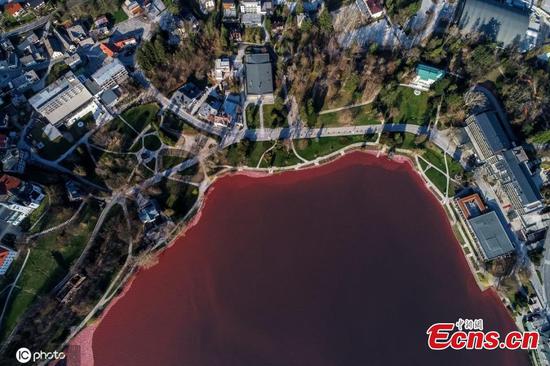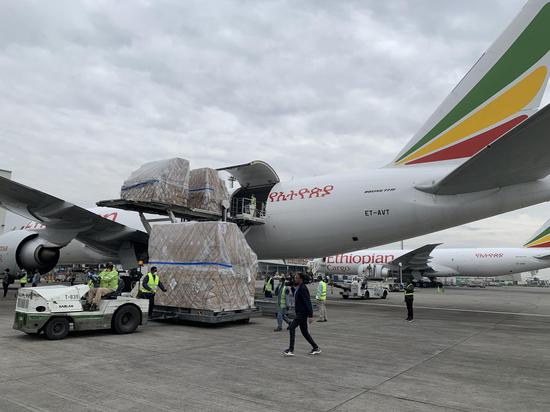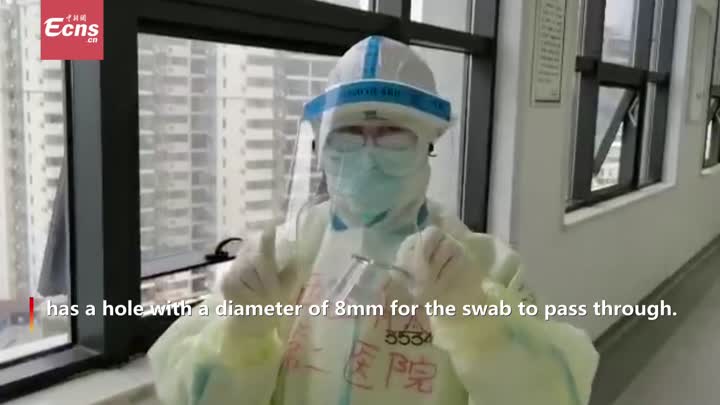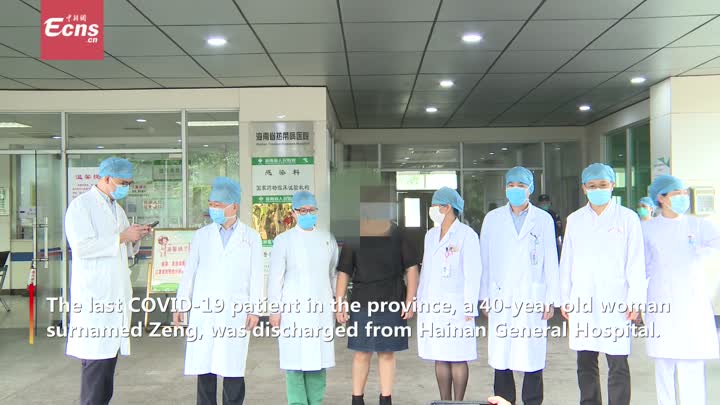Hospitals across the U.S. are in urgent need of ventilators as the number of COVID-19 patients rapidly escalates, and doctors say they are preparing to make grim decisions for critically ill patients.
Mechanical ventilators help patients breathe when they can't do so on their own due to a critical illness. They can be the difference between life and death.
Medical-device manufacturers are racing to produce the critically needed equipment, and auto manufacturers Ford, General Motors and Tesla have said they will make ventilators.
Tesla boss Elon Musk said he had bought 1,255 ventilators from China and had them shipped to Los Angeles.
"There's need of ventilators everywhere, and the places that seem to be most hard hit right now are New York City, the Seattle area, and California," Dr Craig Coopersmith, former president of the Society of Critical Care Medicine (SCCM), told China Daily.
A recent report from SCCM said that only around 200,000 mechanical ventilations may be available in the U.S..
Dr Anthony Fauci, who is a director of the National Institute of Allergy and Infectious Disease (NIAID) and a member of the White House Coronavirus Task Force, said there are 12,700 ventilators in the Strategic National Stockpile.
"If you don't have enough ventilators, it means obviously that people who need it will not be able to get it. That's when you're going to have to make some very tough decisions," he told CNN during a recent interview.
A recent report from Johns Hopkins University indicated that there were 62,000 full-featured mechanical ventilators at acute-care hospitals in the U.S.. There are an additional 98,000 ventilators that aren't full-featured but can provide basic function during an emergency.
New York Governor Andrew Cuomo said Tuesday that the state – which is now the epicenter of the nation's coronavirus illnesses — has about 3,000 to 4,000 ventilators on hand and has purchased about 7,000 more, but it needs a minimum of 30,000 more within the next two weeks, when the outbreak is expected to peak.
He said that GM and Ford won't be able to build ventilators fast enough to help New York state.
"It does us no good if they start to create a ventilator in three weeks, or four weeks, or five weeks. We're looking at an apex of 14 days,'' Cuomo said.
Later Tuesday, U.S. Vice-President said 4,000 more ventilators were being sent to New York.
Jens Hallek, head of ventilator manufacturer Hamilton Medical, told Wired magazine that the materials and components needed to build a ventilators are "highly" specific and require "specialized know-how".
"These are extremely sensitive machines with not only a lot of hardware, but also a lot of software. If one of the components does not work correctly, the whole machine shuts down and cannot be used anymore," he said.
Then there is the need for properly trained people to work a ventilator. Mechanical ventilation of a fragile patient can be dangerous if done by someone other than trained intensive care unit (ICU) professionals, according to a report by the Society of Critical Care Medicine (SCCM), which is why mechanical ventilation isn't typically done outside of an ICU.
"The biggest concerns are the number of ventilators that we will likely need, and the number of people that we will take to manage those ventilators," said Coopersmith, who is also the interim director of Emory Critical Care Center at Emory University where he manages more than 300 ICU beds.
The U.S. Food and Drug Administration said Sunday that it is easing its regulatory guidelines to help increase the availability of ventilators and other respiratory devices during the COVID-19 pandemic.
The new guideline will enable medical-device makers to more easily change existing products. It also will make it easier for other manufacturers, such as automakers, to repurpose production lines to increase supply.









